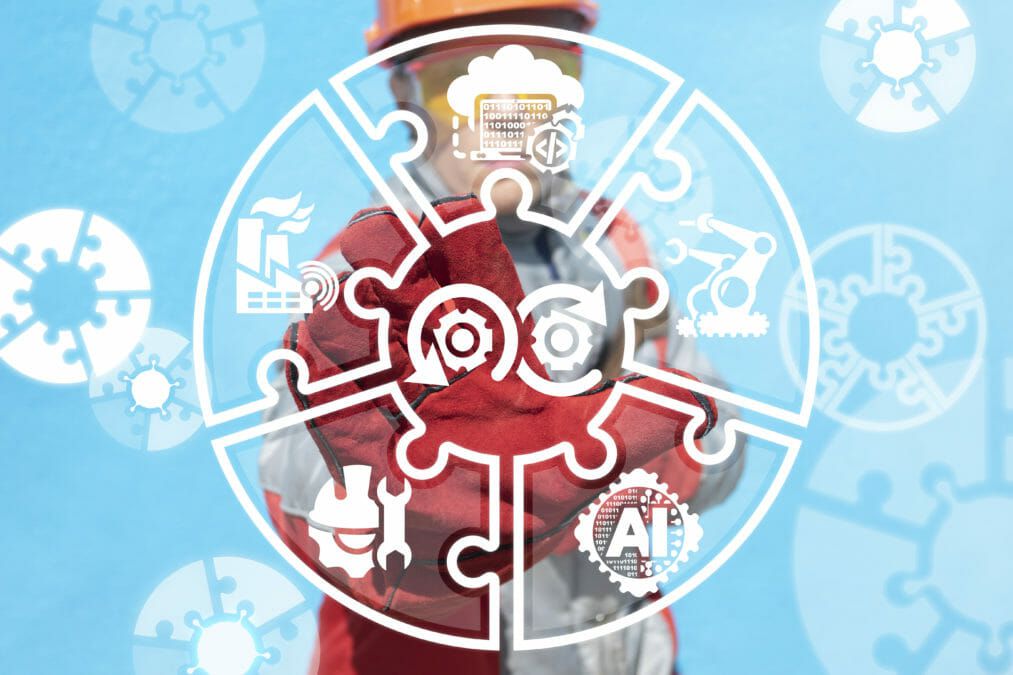Interrelationship of DevOps and ML

Among the many branches of Machine Learning, one kind of ML and DevOps have infinite continuity as their main common ingredient. There is a huge co-dependency between the two. A DevOps model functions on a Continuous Integration/ Continuous Development model, i.e. development, release, feedback, improve and repeat. AI and ML also functions on continuous experimentation with the models and consecutive improvements in the models. Fault improvement is just one aspect, ML can detect the trends by processing data and inform about the conclusive results. ML can aid DevOps by deriving co-relations between multiple variables, bug fixes, habitual defects, deep investigation, visualise application health and resolving other issues. When former accelerates automation in DevOps, the latter adds innovation. Following are some of the beneficial aspects of machine learning in DevOps:
Analysing Metrics
Metrics are key measurements that reflect what is most important and relevant for your business. It is not necessary that the metrics have to indicate only deployment failures. Sometimes, some types of deployment failures are not even related to customer interaction or security. A robust model can derive fruitful results by analysing metrics that matter the most.
Inform and Alert
Digital environment cannot afford to make urgent matters stand in the queues. ML manages alerts by prioritising them. The things of general concern can be worked out on a first come first serve basis whereas ML organises the urgent issues in a separate manner. Aside from the standard segregation of notifiable matters, ML can also inform DevOps teams of the cross-sectional measures. These measures can simply be trending patterns or something serious as a preventable digital hazard.
Security
Testing is a key factor in a successful DevOps process and it relies heavily on ML generated testing of an application. A self-learned machine can not only perform several tests to the app’s security in little time but also intensify these tests through continuous improvements. This helps both the ML model as well as the app model. The app becomes more robust whereas ML model becomes more efficient for future testing. Any failures arising at this phase serve as a pivot to future development with higher efficiency and security.
Speedier Process
Automation is fast but data driven automation is even faster. ML uses techniques that can derive value out of unstructured data much faster than any stat model designed by a human. It can also test the application before it is out for the public. This means the team can make improvements way before the fault has actually occurred. It is only machine learning techniques that can diagnose those issues with such speed. Aside from saving time, it also saves the team from the inevitable risks and quality breaches.
Vice-a-Versa
Just as DevOps benefits from the power of Machine Learning, ML also benefits from the data that software deployment and performance generate. DataOps and MLOps go hand in hand. The efficiency of a self-learned model enhances with its usage and aging and the software production phase provides just the right type of environment for such models to flourish. ML is right now swinging between model centric as well as data centric attitudes. Whichever approach the teams apply, AI is to accelerate its own power by empowering DevOps.